Around the Horn of Africa: News & Activities
Around the Horn of Africa AHOA News & Activities

Uganda’s president signs anti-LGBTQ+ Law and Confirms Al Shabab Attack.
Uganda’s President Yoweri Museveni has signed a controversial law that criminalizes homosexuality and imposes harsh penalties for same-sex relations, including life imprisonment and the death penalty in some cases.
Human rights groups and Western governments have widely condemned the law passed by parliament in December as a violation of the rights and dignity of LGBTQ+ people in Uganda.
Museveni defended his decision to sign the law on Monday, saying protecting Uganda’s culture and morality from foreign influence was necessary. He also accused some Western countries of trying to impose their values on Uganda and blackmailing his government with aid cuts.
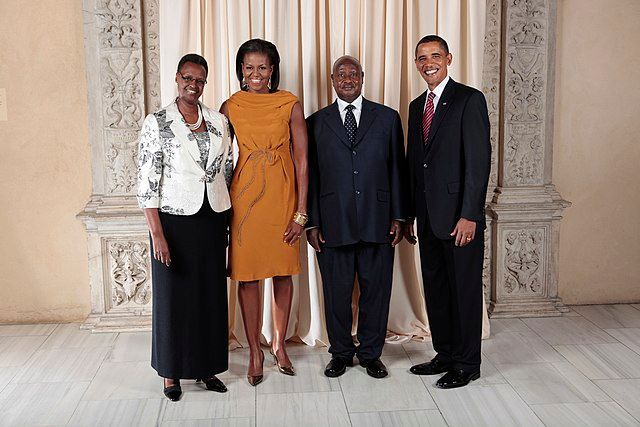
The president also addressed the recent attack by Al Shabab militants on a Ugandan military base in Somalia, where Uganda has deployed troops as part of the African Union peacekeeping mission.
Museveni said the attack, which took place on Friday morning, was carried out by about 800 militants who overran the base at Buulo Mareer in the Lower Shabelle region. He said the Ugandan soldiers fought bravely but were overwhelmed by the sheer number of attackers and the lack of reinforcements.
He said the Ugandan forces suffered “some casualties” but did not give a specific number. He also said some military equipment was destroyed or captured by the militants.
Museveni vowed to continue supporting the peacekeeping mission in Somalia and to defeat Al Shabab, which he described as a terrorist group that poses a threat to regional stability and security.
Kenya’s President Wiliam Ruto Urges African Leaders to Join PAPSS for Easier Trade and Dedolarization
Kenya’s President William Ruto has called on his fellow African leaders to join a new system that would make trade easier and reduce the reliance on the US dollar on the continent. The Pan-African Payment and Settlement System (PAPSS) was launched in January 2022 and is supported by the African Union and central banks.
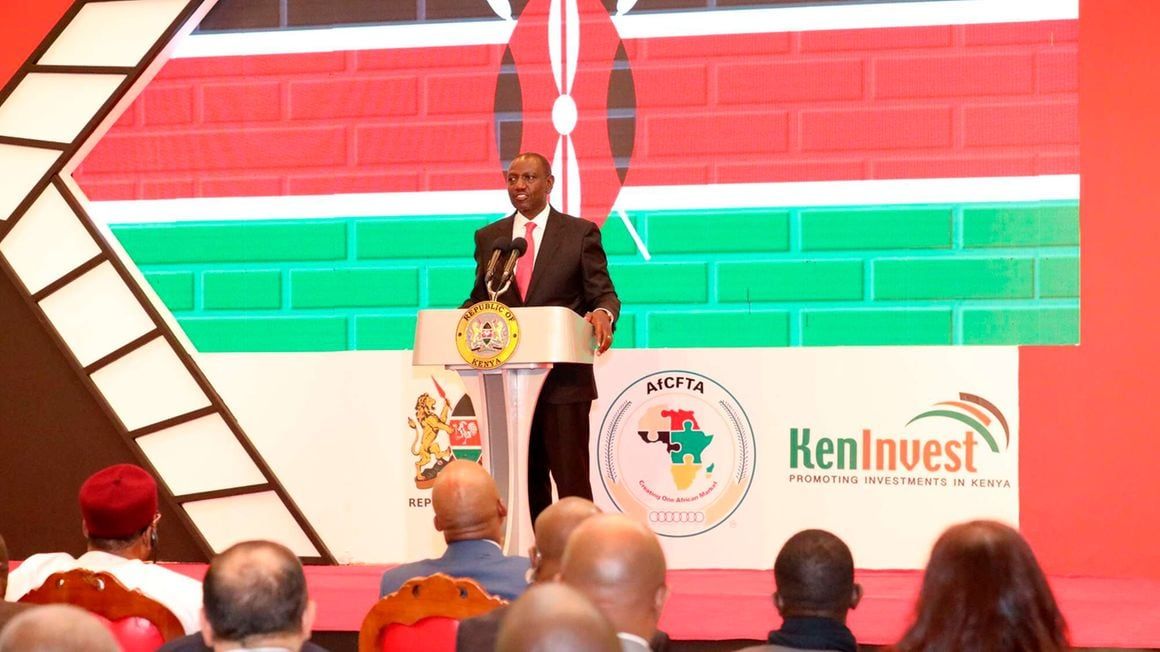
President Ruto appealed to Tuesday's virtual summit of the East African Community (EAC) and the Intergovernmental Authority on Development (IGAD). He said PAPSS would enable African traders to trade in local currency and simplify cross-border payments, thus reducing transaction costs and boosting intra-African trade.
He also said PAPSS would positively impact regional integration in East Africa and the Horn of Africa, among the most dynamic regions regarding human mobility and economic development. He cited a recent report by the International Organization for Migration (IOM) highlighting the benefits of regional integration and human mobility for the region’s socioeconomic development.
PAPSS is a system that allows for safe and efficient money transfers between African countries, reducing risk and promoting financial integration throughout the region. It is endorsed by the African Export-Import Bank (Afreximbank), the African Union, and the African Continental Free Trade Area (AfCFTA).
According to Afreximbank, PAPSS has already processed over $1 billion worth of transactions since its launch, involving 18 commercial banks and eight central banks across Africa. The bank expects more countries and banks to join PAPSS in the coming months, as it aims to facilitate trade among all 55 African countries by 2023.
PAPSS is also a tool for dedolarization, which means reducing the reliance on the US dollar as the dominant currency for trade and payments in Africa. By enabling African traders to use their own currencies, PAPSS reduces the demand for foreign exchange and the exposure to exchange rate fluctuations. This could enhance the stability and sovereignty of African economies and foster regional monetary cooperation. Dedolarization could also reduce the influence of the US on African affairs and increase the bargaining power of African countries in the global arena.
Ethiopia and South Sudan Agree to Build a Road Linking the Two Countries
Ethiopia and South Sudan have signed an agreement to build a road to link the two countries and improve trade and transport in the Horn of Africa.
The agreement was signed in Juba on Tuesday by Ethiopia’s Minister of Transport, Dagmawit Moges, and South Sudan’s Minister of Roads and Bridges, Simon Mijok Mijak. The two ministers hailed the project as a milestone in bilateral cooperation and regional integration.
The road, called the Paloch-Mathiang-Maiwut-Pagak Road, will connect western Ethiopia with north-eastern South Sudan. It will cover a distance of about 300 kilometers and cost an estimated $200 million. The project is expected to be completed within three years.
The road will reduce business costs in the region and promote peace in parts of both countries that have been affected by conflict and insecurity. It will also help to provide access to Eritrean ports for the people of South Sudan and western Ethiopia, who currently rely on the congested Djibouti port for their imports and exports.
The road project is part of a broader initiative to connect the Horn of Africa countries with roads, railways, power grids, and pipelines. The African Union, the United Nations, and other development partners support the initiative. The initiative aims to foster economic growth, social development, and regional stability in the Horn of Africa.
Ethiopia, Kenya, and Somalia launch borderlands project to boost development and security
Ethiopia, Kenya, and Somalia have launched a joint project to develop the borderlands and counter the insurgency that has plagued the region for years. The project, dubbed “Deris Wanaag,” which means “peaceful prosperity” in Somali, was launched on Wednesday at Mandera, a county in northeastern Kenya that borders both Ethiopia and Somalia.
The United Kingdom government funded the project, which has committed 13 million USD (Ksh1.7 billion) for the first three years of implementation. The project aims to improve the socio-economic development of the communities living in the cross-border areas of the common cluster, which covers Mandera County in Kenya, Gedo Region in Somalia, and Dollo Zone in Ethiopia.
The project will focus on enhancing livelihoods, infrastructure, governance, peacebuilding, and security in the borderlands. It will also address the root causes of the insurgency carried out by the militant group Al-Shabaab, which has claimed responsibility for several attacks in the area.
The three countries initiated the project in collaboration with the United Kingdom to foster regional integration and stability in the Horn of Africa. The project is expected to benefit over 1.5 million people living in the borderlands and create trade, investment, and cooperation opportunities among the three countries.

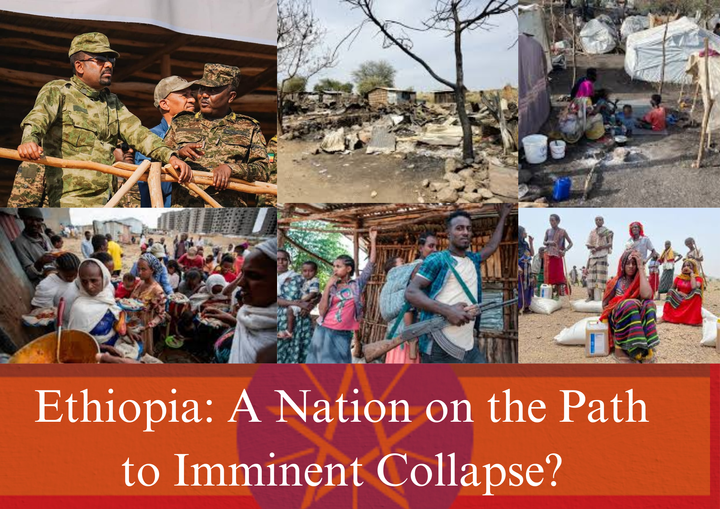
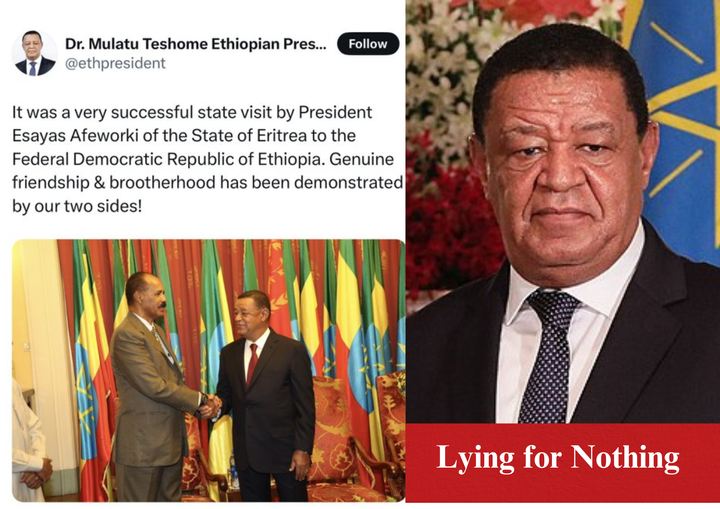
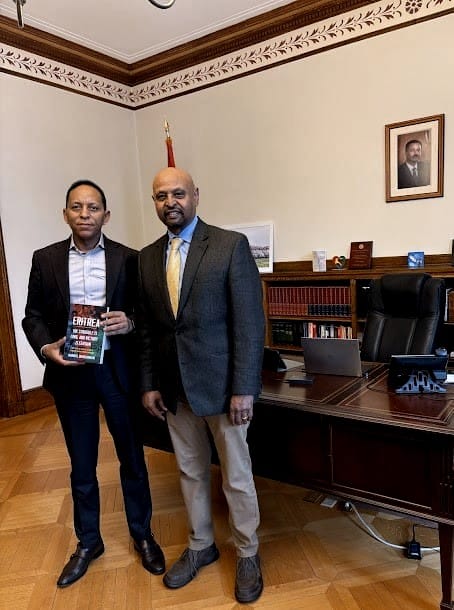
Comments ()